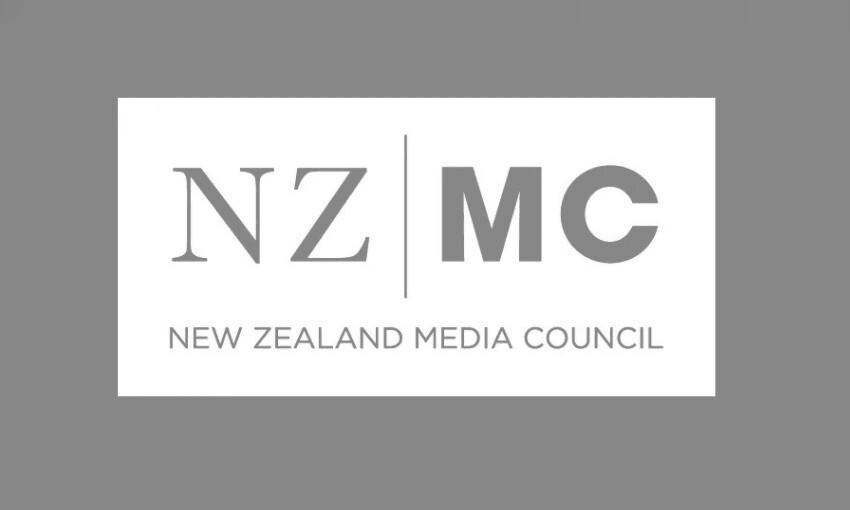The NZ Media Council upheld the complaint under principle four: comment and fact
On 5 September 2024, The Spinoff published a brief article titled Made in Palestine, found in 1970s Hastings, which highlighted an upcoming art exhibition featuring photographs of vintage cosmetic products labelled “Made in Palestine.”
The piece, described by The Spinoff as a photo essay with a brief introduction, promotes the exhibition and its connection to the Palestine Children’s Relief Fund. The article also emphasises the historical significance of the products, which predate the establishment of Israel in 1948. The New Zealand Jewish Council complained about the article over issues of accuracy and balance.
The Jewish Council raised concerns about three specific claims in the article, including the statement that Zionist forces captured 78% of historic Palestine to establish Israel and the phrase “violent erasure of Palestine”. They also questioned the claim that Palestine is rich in resources and argued that the photographs did not assert the ongoing existence of Palestine but rather reflected the artists’ perspective. Furthermore, the Jewish Council questioned the lack of a byline, saying if it was a news piece it was not accurate, fair or balanced.
In response, The Spinoff defended the article as a promotional piece and clarified that it was not intended as hard news. The publication explained that the photos and accompanying text reflected the artistic intent of the exhibition, with references to Palestine’s historical and ongoing significance. Regarding the controversial statements, The Spinoff argued that the depiction of historical events, including the 1948 conflict and Palestine’s resources, aligned with widely held views from a number of sources they quoted. The publication also contended that the lack of a byline was standard for short, non-feature articles.
Given the article’s clear pro-Palestinian angle, the Media Council felt it was an opinion piece, written from the viewpoint of the artists, and should have been labelled as such. The complaint was therefore upheld under Principle (4) Comment and Fact, which requires that a clear distinction should be drawn between factual information and comment or opinion. The complaint is not upheld under Principle (1) Accuracy, Fairness and Balance. The Council felt that it was not feasible for a short piece such as this to provide both sides of such a complex issue and the purpose of the article was to promote an exhibition rather than to examine the Israel-Palestine conflict in depth.
The full Media Council ruling can be found here.
